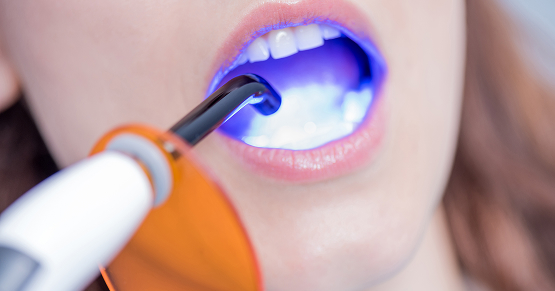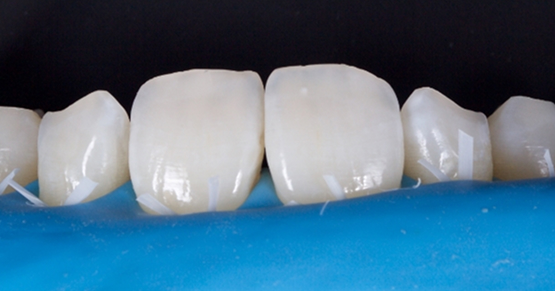Separating Treatment and Insurance
In a previous post, I said the introduction of dental insurance has led to a mindset in many patients: the “anything that’s covered” (ATC) mindset, which has become a barrier to ideal care. But that patient mindset has, in many cases, also led to a clinician mindset — one that feeds off of and plays into this kind of thinking.
It’s a natural human reaction. You hear “no” repeatedly from ATC patients, so you begin to anticipate it. And because you don’t want to keep hearing it — nobody enjoys rejection, after all — you begin to alter your presentations to accommodate what you think patients want to hear. You start self-censoring based on your perceptions of what they think their needs are and what you think they will accept. And when you do that, you’re both playing a self-defeating game.
Even when you do present the absolute best treatment plan for them, you still often end up playing the game. “There’s no way I can do all of that, doctor,” the patient says. “What should I do first?” What they’re really asking is: “Which part of this treatment plan is not really necessary?” They want to divide it into the “needs” and the “wants,” and the “wants” usually end up losing to other more exciting priorities. And they want you to help them prioritize; they want you to tell them which part of their treatment it’s OK to say “no” to.
If you want proof that allowing yourself to be preprogrammed by the “no” is self-defeating, you don’t have to look any further than the surprises. Sure, there are patients you know can very well afford it but refuse even basic treatment. But there are also the good surprises — patients you thought could never afford it but ended up saying yes, not to mention the ones who ask you for treatment you didn’t even present.
These patients are living evidence that it doesn’t pay to make assumptions. This is why you need to fight the impulse to play into the limiting mindset. You have to immunize yourself against the “no” reflex and make the commitment to go in fresh every time. A “no” today just means you fulfilled your obligation to present to the fullness of your ability. It’s just another opportunity to build the relationship further tomorrow. Stay committed to that purity of purpose and, over time, there will be more pleasant surprises in store.
Great dentistry is what it is, and being a great dentist means standing by that commitment to always say what you see, to educate, and to take patients on a journey toward valuing quality care.
SPEAR ONLINE
Team Training to Empower Every Role
Spear Online encourages team alignment with role-specific CE video lessons and other resources that enable office managers, assistants and everyone in your practice to understand how they contribute to better patient care.

By: Imtiaz Manji
Date: February 6, 2012
Featured Digest articles
Insights and advice from Spear Faculty and industry experts


